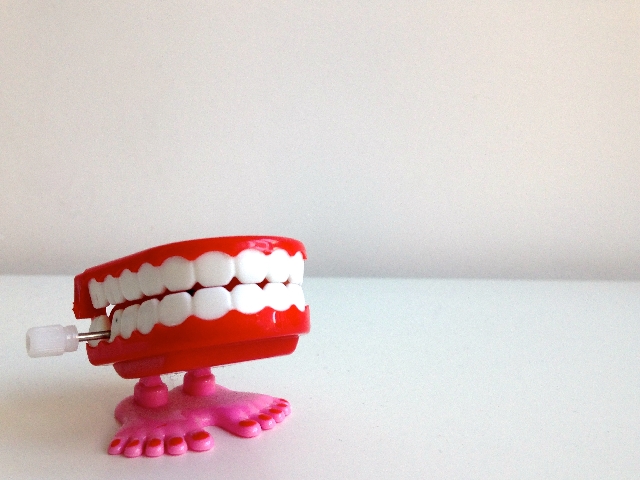Many people want whiter teeth, and there are a number of at-home teeth whitening products available to help them achieve this goal. But how safe are these products?
There are some potential risks associated with at-home teeth whitening. These include irritation of the gums, tooth sensitivity, and damage to the enamel. However, as long as you follow the directions on the product and don’t overuse it, these risks should be minimal.
The Dangers Of DIY Teeth Whitening
When it comes to teeth whitening, the do-it-yourself (DIY) route may seem like a cost-effective option. However, there are several dangers associated with whitening your teeth at home.
First and foremost, DIY teeth whitening can lead to tooth sensitivity. This is because the bleaching agents used in over-the-counter whitening kits are much stronger than those used by dentists. As a result, your teeth can become extremely sensitive to hot and cold foods and drinks.
Another danger of DIY teeth whitening is that it can damage your tooth enamel. The bleaching agents in whitening kits can eat away at your tooth enamel, leaving your teeth more susceptible to cavities and other problems.
Finally, DIY teeth whitening can be very painful. This is because the chemicals used in many at-home methods can actually cause Sensitivity or gum irritation.
How To Choose A Safe And Effective At-home Teeth Whitening Kit
When it comes to at-home teeth whitening, there are a lot of products and kits available on the market. With so many options, it can be difficult to know which one to choose. Here are a few things to look for when choosing an at-home teeth whitening kit:
1. Look for kits that are FDA-approved. The FDA has rigorous standards for safety and efficacy, so you can be sure that an FDA-approved kit will be both safe and effective.
2. Choose a kit that comes with instructions from a dentist or another dental professional. This will ensure that you are using the product correctly and getting the best results possible.
3. Avoid any kits that use harsh chemicals or abrasives. These can damage your teeth and cause other side effects like irritation and sensitivity.
4. Check the active ingredients. The most common active ingredient in at-home teeth whitening kits is hydrogen peroxide. It’s important to make sure that the concentration of hydrogen peroxide is between 3% and 6%. Any higher and it could damage your tooth enamel.
5. Look for kits that come with custom-fitted mouth trays. This will help ensure that the bleaching gel comes into contact with all of your teeth evenly.
Teeth Whitening Products To Avoid
There are a lot of teeth-whitening products on the market, but not all of them are effective and safe. Some teeth whitening products can actually damage your teeth or make them more sensitive. Here are some teeth-whitening products to avoid:
1. Teeth whitening strips that contain bleach. These strips can actually damage your tooth enamel and make your teeth more sensitive.
2. Teeth whitening gels that you apply with a tray. These gels can also damage your tooth enamel and make your teeth more sensitive.
3. Toothpaste that contains abrasives. Abrasive toothpaste can actually wear away your tooth enamel, making your teeth more susceptible to staining in the future.
4. Bleaching Kits: These kits can contain harsh chemicals that can damage your enamel and cause sensitivity.
5. DIY Remedies: There are many home remedies out there for teeth whitening, but most of them are ineffective and can even be harmful. Avoid using any DIY remedy unless you know for sure that it is safe and effective.
Safe At-home Natural Teeth Whitening Methods
There are many at-home teeth whitening methods that are safe and effective. Here are two of the most popular methods:
Baking soda and hydrogen peroxide: This method is one of the oldest and most popular teeth-whitening methods. All you need is a teaspoon of baking soda and two tablespoons of hydrogen peroxide. Mix the ingredients together and brush your teeth with the mixture. Rinse your mouth well after brushing.
Lemon juice and baking soda: This method is similar to the first one, but instead of using hydrogen peroxide, you use lemon juice. The citric acid in lemon juice will help to remove stains from your teeth. Simply mix a teaspoon of baking soda with two tablespoons of lemon juice and brush your teeth with the mixture. Rinse well afterwards.
